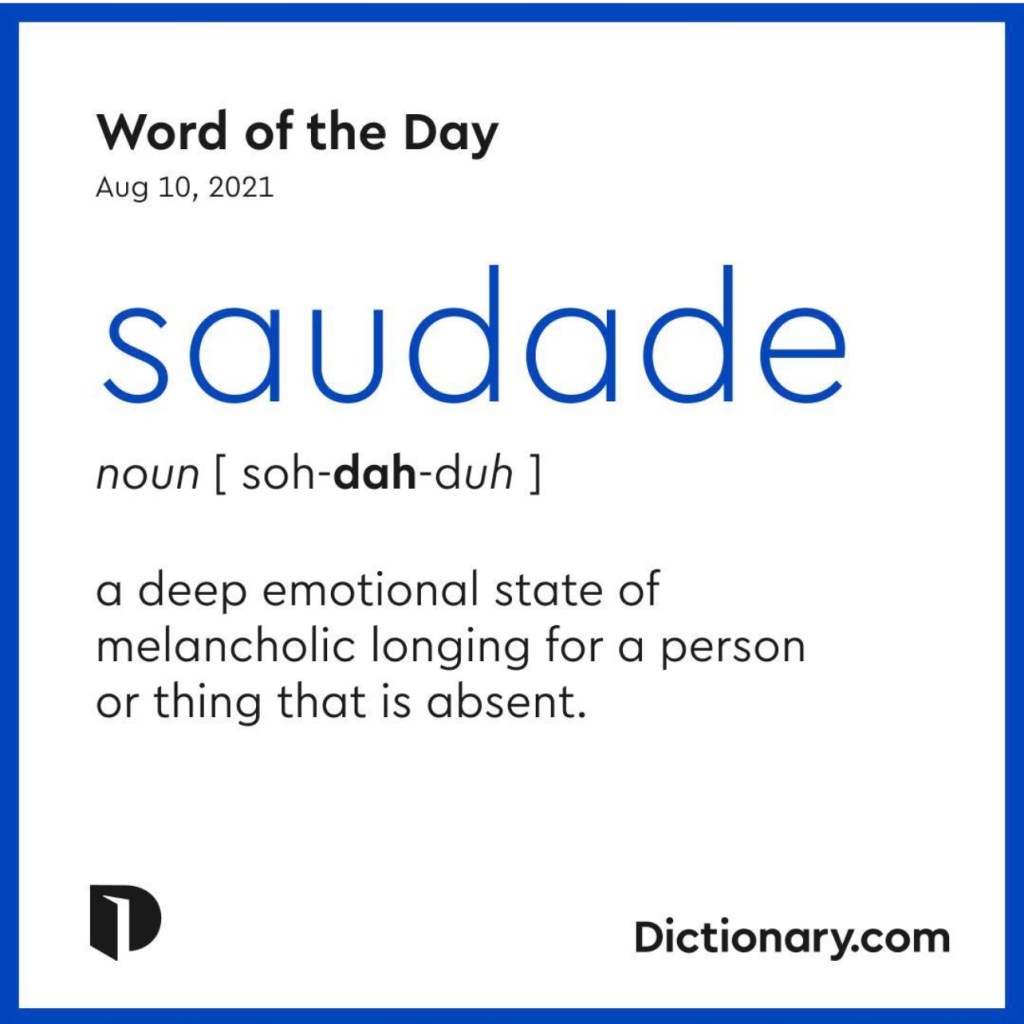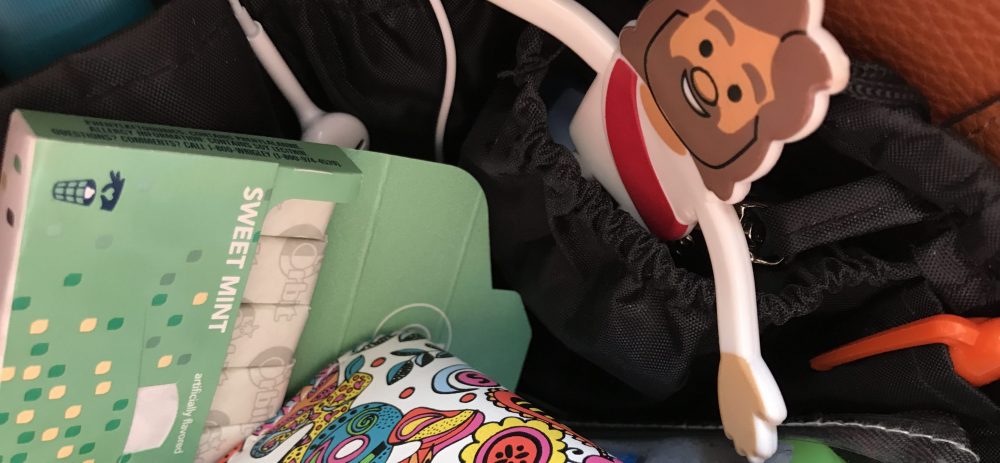“Grief has two parts. The first is loss; the second is the remaking of life.”
Anne Roiphe, Author
In the last few months, it has become blatantly clear, you can neither rush nor postpone grief. The process will not be denied. I’m guilty of trying to move forward too quickly. Guilty of trying to rush through the stages of grief. I know several others who have taken the opposite approach. They try to bury it—and I say try because grief always resurfaces and often when you least expect it. And grief is clever as it not only shows up as sadness, but it also manifests as anger, apathy, restlessness, self-destruction, and even fear. Not only will the grief process not be denied, wrestling with grief is exhausting, too. For this reason, I am tired. So incredibly tired.

My Mom liked word puzzles and games. Games were an important part of our childhood and we played to win. Like her, I love a challenging crossword and board games of all kinds. I often tell my kids that “knowledge is power” and it’s important to never stop learning. My Mom would tell me that she loved playing games on her iPad because they helped to keep her mind sharp. Maybe that’s why I follow so many “word of the day” Instagram accounts. I, too, believe in trying to keep a sharp mind.
Last month I came across the word saudade and it hit me like a rock. This word describes exactly what I feel right now. SAUDADE: a deep emotional state of melancholic longing for a person or thing that is absent. When I dug a little deeper (keeping my mind sharp through research skills, thanks Mom,) I found out that it has Portuguese roots and is often described as a word so complex in meaning that has no direct translation. It is used to describe a suffering kind of love with the type of yearning that is often expressed in song because words are just not enough. This type of melancholic longing is for someone or something that one laments because it is likely that this love will never (ever) be experienced again. My own interpretation of saudade is that it’s the love for someone or something that you can never get back.
My own interpretation of saudade is that it’s the love for someone or something that you can never get back.
Saudade and no return to normal (a life interrupted)
I feel this kind of love for my Mom. I will love her forever all the while knowing that I cannot have her back. I can feel her presence, I see her in my dreams, I believe she walks with me, I can hear her voice, yet I cannot have her back. The feeling is so hard to put into words and yet it is a feeling experienced by so many who have lost loved ones, whether through distance, broken relationships, or death. SAUDADE.
While I wrestle with this personally, I can’t help but feel like the whole world is feeling this collectively. SAUDADE. Throughout history, there has been struggle and strife, war, famine, natural disasters, and yes, even pandemics. In an already divided world, and in an especially divided country, the pandemic has hit especially hard; not just because it’s the pandemic that we’re experiencing in our lifetime but because we had and have so much to lose. And slowly, each and every day it feels like we’re losing more and more. Thus our longing for a sense of normalcy, for relationships, for security, and for those we have lost to COVID-19 continues to grow. Needs unmet. Love and longing for someone or something that you can never get back.
In Brazilian literature, the word saudade conveys loneliness alongside this deep melancholic longing. Portuguese author, Aubrey Bell, describes saudade as “a constant desire for something that does not and probably cannot exist, for something other than the present.” Sit with that for a minute. We, too, are longing for something more than our present condition. And while there has been much talk of a “return to normal,” after 18+ months of living with the current pandemic it appears that what we once regarded as normal will not return. Ever. Coincidentally, Bell wrote those words in 1912 just before the Flu Pandemic of 1918 and they seem apt for the COVID-19 pandemic as well.
When I tell people about my Mom’s death from COVID-19 I am hit with a slew of questions. The first is always, was she obese? Followed by did she have comorbidities? Then, how old was she? I’ve even had someone pat my hand and tell me that ethnicity probably had something to do with it. Let me tell you this—if someone tells you that they’ve lost a loved one, (COVID-19 or not) the first words out of your mouth should always be, “I am sorry for your loss.” Please, reserve your judgment and critique. I understand that you are likely speaking out of your own fear, but for those of us experiencing the loss, we are forever living the definition of no return to normal.
I am longing for my Mom in the midst of vaccine wars, political divisiveness, threats of who deserves access to health care, racial inequity, masks vs. unmasked, infighting within the church, misinformation, name-calling, conspiracy theories, public shaming, and cancel culture…honestly, the list is endless. I am tired. We are all tired from all that has been endured and lost. SAUDADE. Still, we cannot see past ourselves, our desires, our sense of entitlement. No one is coming out of this unscathed. Mentally, physically, emotionally, financially, and personally, we have all been affected in one way or another. Healing begins when we acknowledge the losses, stop judging one another, recognize our grief, and collectively move forward together.
“He comforts us in all our troubles so that we can comfort others.” 2 Cor 1:4
“A Life Interrupted” is an ongoing series of blog posts dealing with the loss of my mother to COVID-19.
